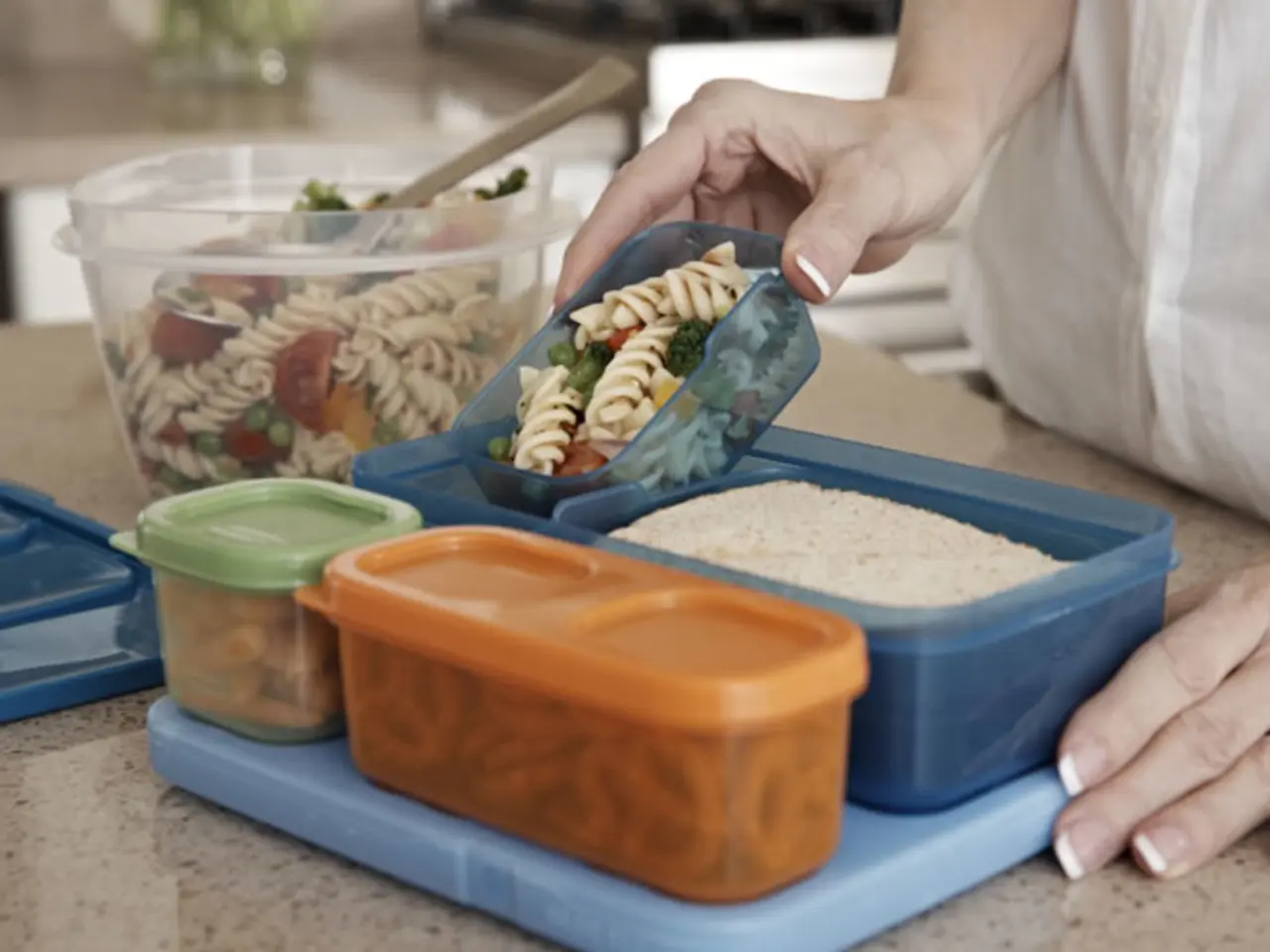Understanding Irritable Bowel Syndrome (IBS)
Stress and anxiety are significant triggers and consequences of Irritable Bowel Syndrome (IBS), creating a feedback loop that can exacerbate symptoms and impact daily life [1][3]. To break this cycle, stress management techniques are a crucial component of non-drug IBS therapies.
## Key Stress Management Techniques
Multiple high-quality studies demonstrate that mindfulness meditation leads to sustained improvements in IBS symptoms, with some participants reporting up to a 42% reduction in symptoms compared to controls, and benefits lasting up to a year after training [3]. Mindfulness meditation is now recognised as an evidence-based approach for IBS [3].
Cognitive Behavioral Therapy (CBT) has shown significant improvements in quality of life, overall symptoms, and abdominal pain in IBS patients [1][3]. While study quality varies, the evidence supports CBT as a beneficial tool, particularly for those with coexisting anxiety [3].
Practices such as yoga, biofeedback, and general relaxation exercises are commonly recommended to help manage stress and reduce gut-brain axis overactivity [1][2]. These can decrease tension in both mind and body, potentially easing digestive symptoms [1][4].
Regular, gentle physical activity is encouraged as part of stress management and overall well-being for IBS patients [1][2]. Ensuring adequate and high-quality sleep is also important, as poor sleep can exacerbate both stress and IBS symptoms [2].
Gut-Directed Hypnotherapy is a specialized form of hypnotherapy that aims to relax the mind, reframe gut-brain communication, and reduce overactive digestive responses, with some evidence supporting its use in IBS [1][4].
## Mechanisms and Benefits
Stress management techniques work by interrupting the cycle of stress, anxiety, and symptom flare-ups. By reducing psychological distress, these approaches can modulate the gut-brain axis, potentially leading to fewer and less severe IBS episodes [1][3]. Long-term adherence to stress reduction strategies may also improve overall quality of life and symptom control, even months after intervention [3].
## Integration with Other Therapies
Stress management is typically combined with dietary modifications (e.g., avoiding triggers, regular meal times, adequate hydration) as a first-line approach to IBS [1][2]. For more severe or persistent cases, medications or additional psychological support may be added [2].
## Summary Table: Stress Management Techniques for IBS
| Technique | Evidence for IBS Benefit | Primary Mechanism | |--------------------------|---------------------------------|-------------------------------------| | Mindfulness Meditation | Strong, sustained improvement | Reduces anxiety, modulates gut-brain axis[3] | | Cognitive Behavioral Therapy | Moderate to strong evidence | Addresses maladaptive thoughts, reduces stress[1][3] | | Yoga/Relaxation/Biofeedback | Commonly recommended | Lowers overall stress, improves relaxation[1][2] | | Gut-Directed Hypnotherapy | Emerging evidence | Alters gut-brain communication[1][4] | | Exercise | Supportive | General stress reduction, improves mood[1][2] | | Sleep Hygiene | Supportive | Reduces stress and symptom triggers[2] |
## Conclusion
Stress management techniques—such as mindfulness meditation, CBT, relaxation practices, hypnotherapy, exercise, and good sleep hygiene—are effective, evidence-based components of IBS treatment. They help break the stress-symptom cycle, improve quality of life, and can lead to lasting symptom relief for many patients [1][2][3]. These approaches are often integrated with dietary and, if necessary, medical interventions for comprehensive care [1][2].
Staying hydrated is vital for overall health and can help manage IBS symptoms. Aim to drink plenty of water throughout the day, especially if you are increasing your fiber intake.
IBS is classified into three subtypes: IBS-D (Diarrhea-predominant), IBS-C (Constipation-predominant), and IBS-M (Mixed). Stress is a significant trigger for IBS symptoms, increasing gut sensitivity and altering gut motility. Limit caffeine and alcohol, as they can irritate the digestive system and may worsen IBS symptoms. Common medications for IBS include antispasmodics, laxatives, antidiarrheals, and prescription medications like alosetron and lubiprostan. Irritable Bowel Syndrome (IBS) is a common gastrointestinal disorder affecting millions worldwide.
- Mindfulness meditation, with some participants experiencing up to a 42% reduction in IBS symptoms and benefits lasting for up to a year, is an evidence-based approach for managing Irritable Bowel Syndrome (IBS).
- Cognitive Behavioral Therapy (CBT) has shown significant benefits in improving the quality of life, overall symptoms, and abdominal pain in IBS patients, and is particularly effective for those with coexisting anxiety.
- Practices such as yoga, biofeedback, and general relaxation exercises are recommended to manage stress and reduce overactivity of the gut-brain axis, which can potentially ease digestive symptoms.
- Regular, gentle physical activity is encouraged as part of stress management and overall well-being for IBS patients, and ensuring adequate and high-quality sleep is important, as poor sleep can exacerbate both stress and IBS symptoms.




